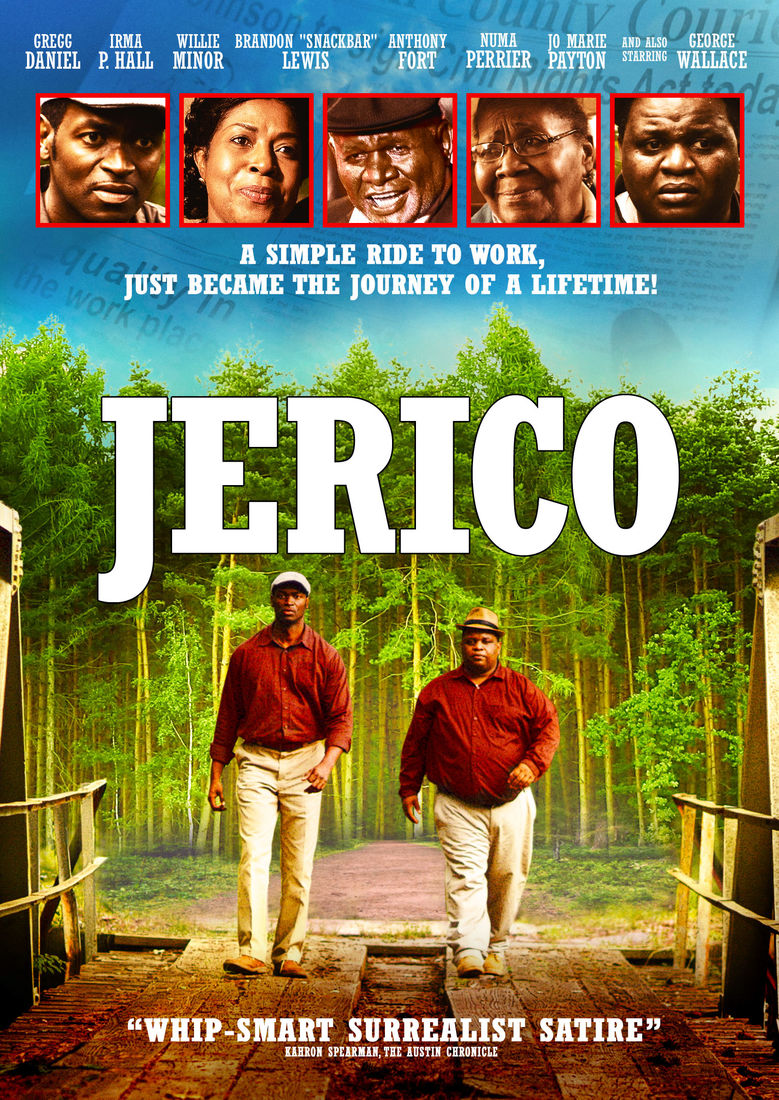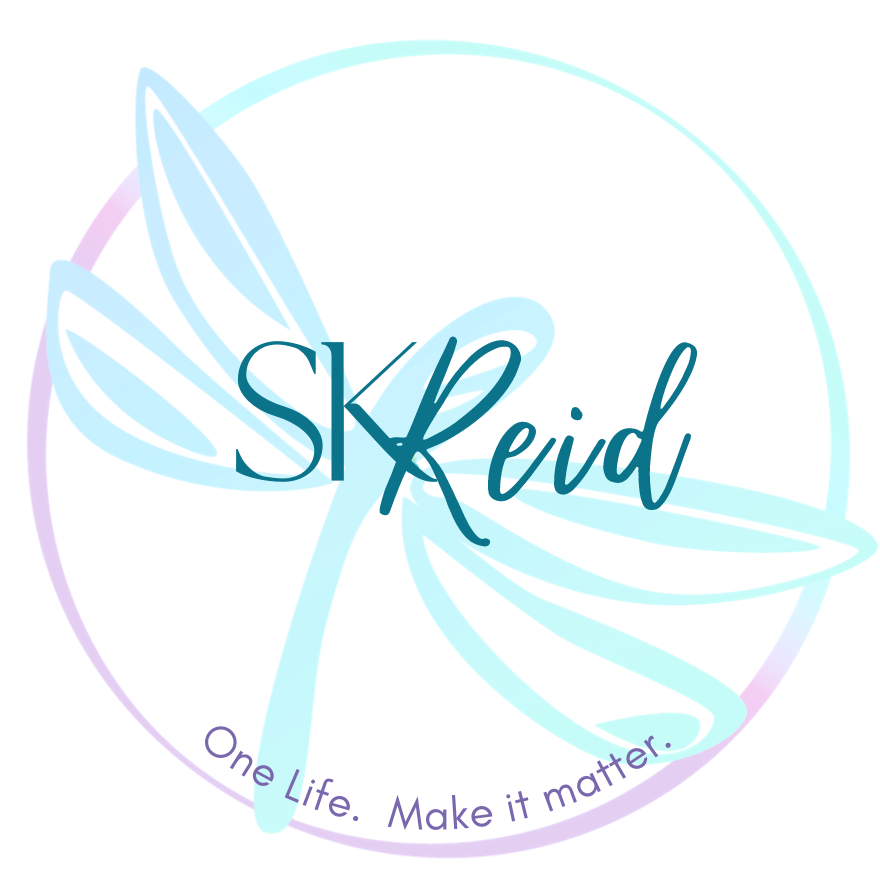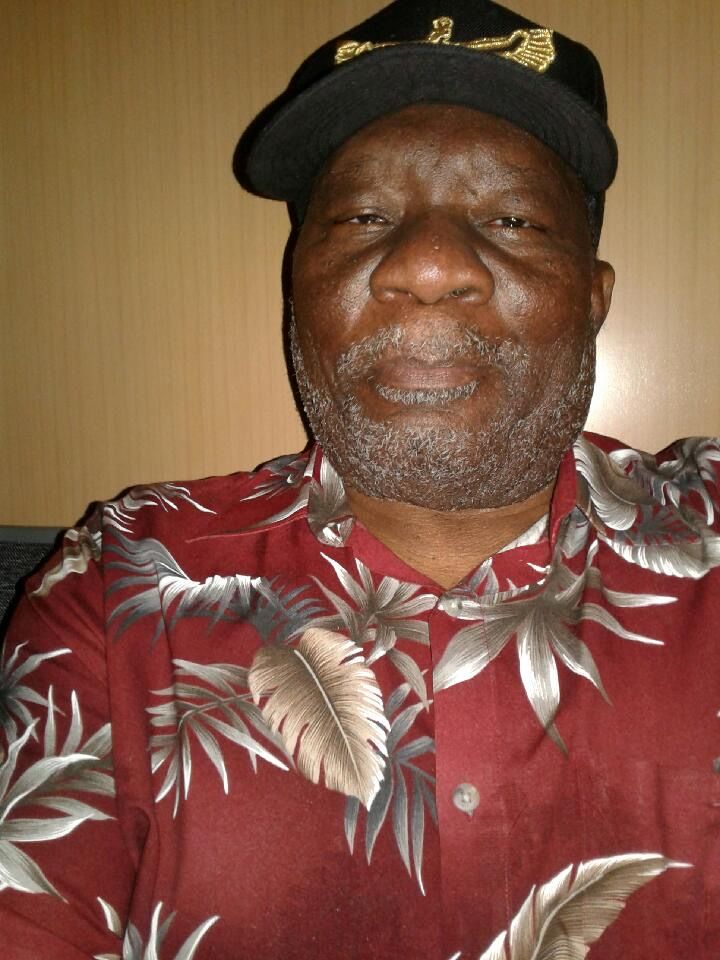Anzac Day 2020
April 25th, 2020 is Anzac Day in Australia and New Zealand, a national day of remembrance that commemorates "who served and died in all wars, conflicts, and peacekeeping operations" and "the contribution and suffering of all those who have served." (Australian War Memorial). On this day, we pause to remember lives lost, and lives impacted, and to reflect on the futility of war.
This year, however, all of the Anzac Day commemorations were cancelled.
This year, 2020, the entire world is held hostage to an invisible enemy. Countless lives lost, and this war is ravaging its way across the globe. Now more than ever we must work together for the good of all of humanity. We must join together in a united front to fight for our survival.
The world must leave divisiveness and differences behind, in order to conquer this hidden enemy. In light of this year’s Anzac Day commemorations, I thought it fitting to share an incredible story of survival, courage and triumph from actor, director and Vietnam Veteran, Willie Minor. As Willie says, “if we are divided as black, brown, red, white, green and red, separate, then it will be easier for humankind to get, eliminated.” Our hope is in our shared humanity.
Willie's story is part of a new series, Warriors in Our Midst, exploring the extraordinary in the everyday, and everyday people doing extraordinary things.
A Military Man
Actor, director, and Vietnam Veteran, Willie Minor’s extraordinary life can be described as anything but ‘ordinary.’
Serving two tours of duty in Vietnam during the turbulent civil rights movement of the late 1960s, Minor returned to his home state of Texas a changed man. Time served took its toll. Suffering the effects of PTSD, the sliding doors of fate catapulted Willie’s life into a search for better ways for Veterans to manage PTSD. Finding acting saved Willie’s life. Literally. His passion for the craft, for climbing into the skin of another person provided him with a lifeline to a better place and kick-started a whole new chapter of his life. With a string of acting and directing credits to his name, Willie Minor is passionate about giving back to his community, sharing his love for performing with local kids in his theatre classes.
In the following conversation, Willie and I talk about his Tours of Duty, the futility of war and racism, the effect of PTSD and the hope for a brighter future for humanity.
In Willie’s Words
Being in the military runs in my family, my dad, my grandfather, and everyone. My grandfather was in World War 1. We had a succession of uncles who were also in the service. I also had an uncle who got killed in World War II. My father went into the navy in World War II. And of course, being in America, Black men were regulated to subservient type positions in the armed forces. My dad was a cook, and he always wanted to be in control. He was a leader kind of man, and so he always steered me toward going to OCS - Officer Candidate School - and becoming an Officer in the service. He wanted me to enlist straight out of high school, but my mum wanted me to go to college, to become a lawyer. I had a choice of colleges to go to since I had graduated first in my class, and the state of Texas gives all of the Class Valedictorians free tuition to state-supported schools. So I went to Prairie View A & M University, and at the time they offered ROTC, Reserve Officer Training, and so I went that way so I can satisfy my dad, and also satisfy my mum, so I was killing two birds with the one stone, so to speak.
But during the course of my senior year, my dad died. 1967 was one of those turbulent years because we had all of the things going on in America, all the civil rights movement, the sit-ins, the marches, and all those types of things that a lot of college students were involved in. Prairie View A & M was on the forefront, down here in the South, getting involved in activities happening in Texas, so I was a pretty militant kind of guy.
I was on my way back to my dad’s funeral, and we had to change cars on the train, to the coloured car, and we stopped in a city called Palestine, Texas, and I went to get something to eat. This was during the segregated South, the time of the Jim Crow (laws), and I had to go around to the back and order my food through the little window in the back, but I could not go inside and go into a room and sit and eat, because there was no coloured section in the restaurant. So I had to stand up outside to eat my hamburger and French fries, and as fate would have it, it started to rain. It poured down and raining. I mean it poured like and was just raining everywhere. Have you ever tried to eat a hamburger and French fries in the rain? I mean, it was terrible!
We went on to the funeral, and during the course of the funeral, my father’s employer stood up to give remarks about my dad, and he (my dad) was very sensitive about being called a Boy, and the employer said, “Willie Ace was a good boy!” And I don’t know, it was just like those…all the pent-up anger, all that grief and frustration came out, and I just cursed him outright then at church. And you’re talking militant! I was ready to go kill every white person I could ever see!
Lock Up or Join Up
I dropped out of school and came to Dallas. I was staying with my sister and got a letter to say that the US Marshalls were looking for me, for draft evasion. Being ROTC, I should have you know, gone and did my duty, and gone and got my bars and went on into the service.
But, I decided I was going to go to Canada. So, you know, draft dodger. And the date that I made my reservations on the plane, to go to the airport to leave, the US Marshalls showed up at the door. They had a warrant for my arrest. So of course they took me on down and locked me up, and I was, it was, I guess to was sort of like a foreign thing, to be locked up, I’d never been in jail before. And I’m in jail, and all of a sudden I realised I had claustrophobia. Because, after the second day, it was like, ‘Wow, I can’t even breath in here!’ It was really, really constraining. So we went up before the judge, and I told the judge, ‘Hey, I can’t do three years in Leavenworth, that was the Federal prison where they were sending draft evaders. And so he told me, “So Mr Minor, all you have to do is go join the service. Either the navy, the marines or the air force. And you know, that’s what they want you for and so all you got to do is do that!’
So I decided, I weighed my options. The air force, 4 years, I didn’t want to do that and spend that much time. The navy, I didn’t want to get out on all that water. Couldn’t swim. And the Marine Corps, they were like too gung ho. Ready to sacrifice their lives for the cause. And I didn’t want to do that either, so I chose the lesser of all the evils. This was the army. So getting in the army, I went into basic training. Basic training for me was pretty easy, because it was a lot of drilling, marching, left, right; you know, right shoulder, left shoulder, arms. And having come out of ROTC, that was second nature.
And they made me a platoon leader. And so, you know, I’m in control of my local platoon. On Labor Day Weekend, we were going to have a great big inspection, and so we organized all the guys that could spit-shine shoes, really good, that’s all they did, spit-shined every shoe in the barracks. All the guys who could put the brass on the uniform, I delegated each one a position what they had to do, right? So, I knew that my platoon - actually our whole company had worked together - and we were really, really sharp, and all of us passed the inspection. And all of us people who passed the inspection were supposedly going to get 3-day passes.
And we were taking basic training in El Paso, Texas, which is right across the border from Juarez Mexico, which is a Mexican border town, where anything goes. And I do mean anything goes, right?So I’d gone over, come back early, high drunk and crashed out, and we had all of a sudden, here comes everybody, beating on my door, ‘Hey man they’re beating up Hutchison in the 1st Platoon!’ There was a riot going on.
So I’m running out to see what’s going on because I’ve got these little fake bars on, right? Because I’m a platoon leader, and as I ran from barrack to the next, I got knocked out. I ran into the latrine, and as I went into the latrine, I met a fist coming right into my face. It knocked me backwards, but there were so many people coming behind me, who were also rushing into the fight, that I was lifted up, didn’t hit the floor, didn’t hit the ground, and the fight was on! I mean it was on! Like, 3,4, 500 people fighting! So after the fight was quelled by the MP’s, we were all going in to see our company commander, he was giving out Article 15’s military punishment, right? And he asked me what was the fight for? And I just told him, “Look, man. It was 400 years of slavery, 400 years of frustration boiling over. You told everybody that passed inspection, they had 3-day passes. But all of these guys were put on details and didn’t get a pass, so they were really pissed.”
So he put me out of his company. He put me out. He transferred me that night, at 3 o’clock in the morning, from V Company to C Company. Then, that morning, when the medical reports came in about the people who were on sick calls, who were injured, who were hurt from the riot, he tried to get me back into his company so he could prosecute me!
But as fate would have it, the Company that he transferred me to was commanded by a brother, a black man, who said, “Well this man hasn’t done anything since he’s been in my company, so no, I’m not transferring him back.”
Tours of Duty
So out of all the times, I’m trying not to Vietnam, I get orders, we get orders I’m going, shipping out, going to Vietnam, after I finished my advanced individual training, where I was in operations and intelligence. We got to Vietnam, and we had to wait and circle the airport for an hour. We couldn’t land, because the irony of all ironies, the Marines were being transferred back home! So if I’d joined the Marines I would never have had to go to Vietnam!
At that particular time, the United States was changing its military policy and making it more of the army at the forefront of the fighting, and so the marine corps and the navy were being withdrawn; they were being transferred back and the ships were coming home, rotating back.
So in Vietnam, February 1969, right after the Tet Offensive 68, it was a really tense civil rights situation. It was almost like it was two separate armies. A black army and a white army, with brown going backwards and forwards between the two armies.
I was on guard duty one night, and the white guy that was on guard duty in my bunker was from Mobile, Alabama, and he was a really, really racist, prejudiced guy, just as racist as I was. And we got into a physical altercation, we were really going at it, fighting, fighting, fighting, making all kinds of noise, when we got shot at!
And so I jumped and grabbed my rifle, he jumped and grabbed his rifle, and we both were swinging around with two loaded weapons, still mad! Just as we were swinging around, we were ready to shoot, we got shot at again. And both of us realised, I do believe, at that second, that we needed each other more than we hated each other. And I do believe that the Viet Cong prevented a race war! I survived Vietnam, I was one of the first guys to go into Laos. Intelligence operatives would have to go and look for signs of the enemy, and spend two and three days out in the jungle by ourselves, on two and three men patrols. So I survived that. I had to do 2 tours over there. I was away for 2 years, 6 months, 3 days and 13 hours.
The thing that they are doing now is that deploy entire units, and the entire unit may be away for 9 months. That whole unit goes over and the whole unit returns together. But in Vietnam, they simply sent individuals to make up the units. So the individual would go over for a whole year. The first 3 months that you’re there, you're scared of your own shadow; then the middle 6 months that you’re there, you’re sort of cocky, because now you know what’s going on, right? Then the last 3 months that you’re there, you’re scared that you’re not going to make it so you get overly cautious, and those are usually the times you can get killed. You either get killed in the first 3 or the last 3 months. Those are the worst times for being in combat.
In the first 3 months of course you don’t know what’s going on, your antenna is not finely tuned. Do you know the hair on the back of your neck kind of thing? It constantly stays up! Then you learn the ropes in that middle 6-month period of time. War is not fighting all the time. It’s not constant, like WWI or WWII, you know, it’s not that type of fight; it wasn’t that type of a battle. Sometimes, during the day, it’s just like being in Sydney, being in Melbourne! You know, you go to the club, you go get drunk, you go get high, you hang around, you do this, you do your job, and you come back home and go to sleep!
But then, all of a sudden, at 2 o’clock in the morning, things change. You didn’t know who the enemy really was...
For the full interview, please visit:
In Willie's Words
Find Out More
See Willie teaching an acting class in Express Yourself here:
Watch the 2016 Jerico Movie Trailer here:
Never Miss a Blog Post!Lets keep in touch! Click here for more!
|  |

